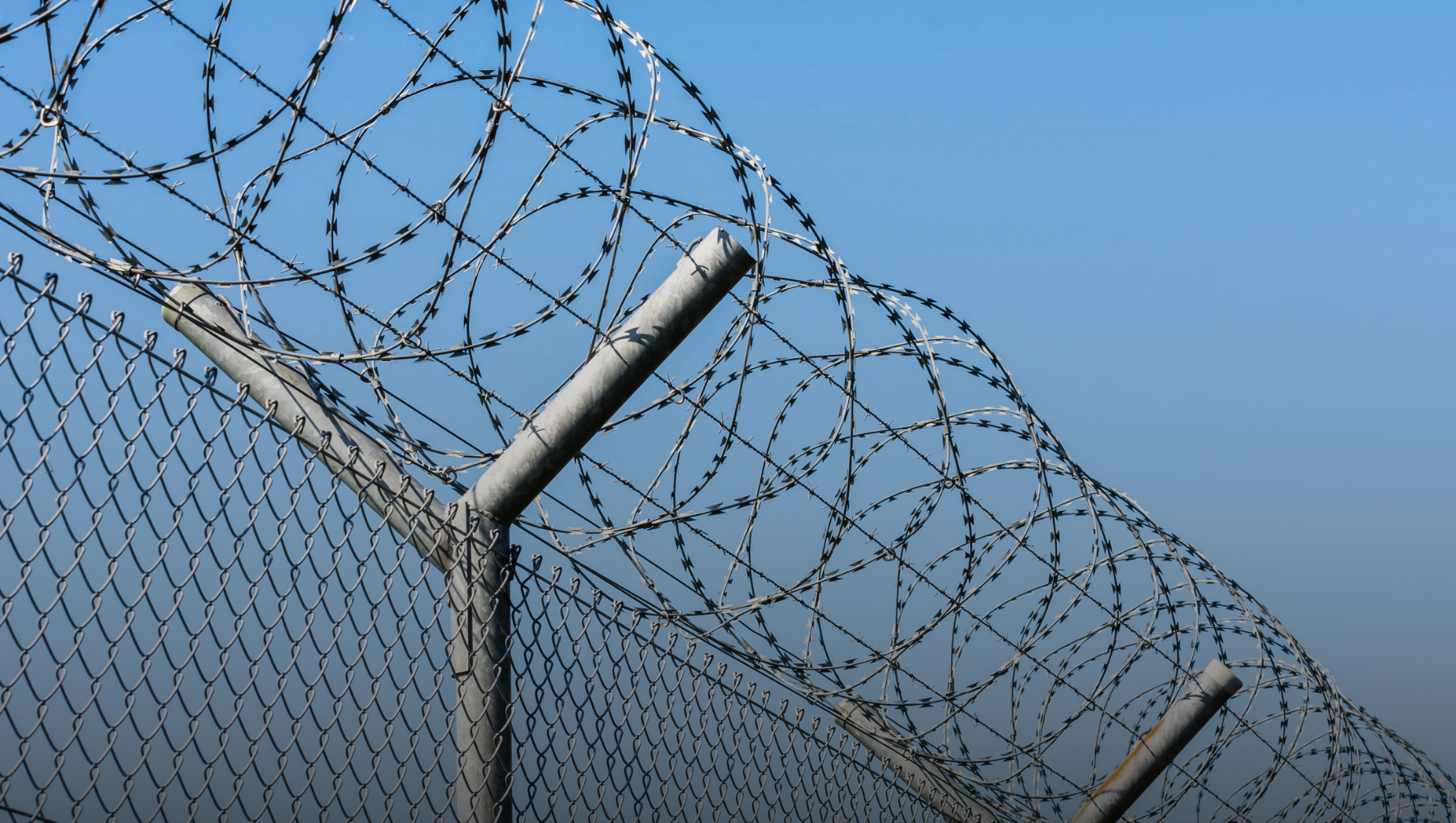
The Prime Minister has recently stated that he is “very interested” in the Italian government’s plan to ‘offshore’ people seeking asylum, but what does this term mean? Read on to learn more about why we should oppose offshore processing, and what the Government should do instead.
What is offshoring?
Under offshore processing, a person who is seeking asylum in country ‘A’ is forcibly transferred from there to country ‘B’. They are then detained in country ‘B’ until their claim is processed. In practice, this has often resulted in human rights violations – and increased trauma for displaced people. The policy has perhaps most infamously been adapted by Australia, which utilized offshoring in Nauru and Papua New Guinea for around a decade, at great human and financial cost.
Why is offshoring wrong?
The new government rightly scrapped the cruel Rwanda plan, but adopting an offshoring policy would be a backward step. Alongside being deeply harmful, the practice also prevents displaced people from having the opportunity to integrate in the country they’re seeking asylum in.
Offshoring is both morally wrong, and extremely expensive. Introducing it to the UK would do nothing to prevent people from taking dangerous Channel crossings.
What should the Government do instead?
The only answer to stopping these journeys is to introduce new safe routes. There are still no pathways to sanctuary in the UK for the majority of displaced people.
Money would be far better spent on improving the UK’s asylum system, and making it more compassionate – ensuring that people seeking asylum are treated with the dignity and respect they deserve.



